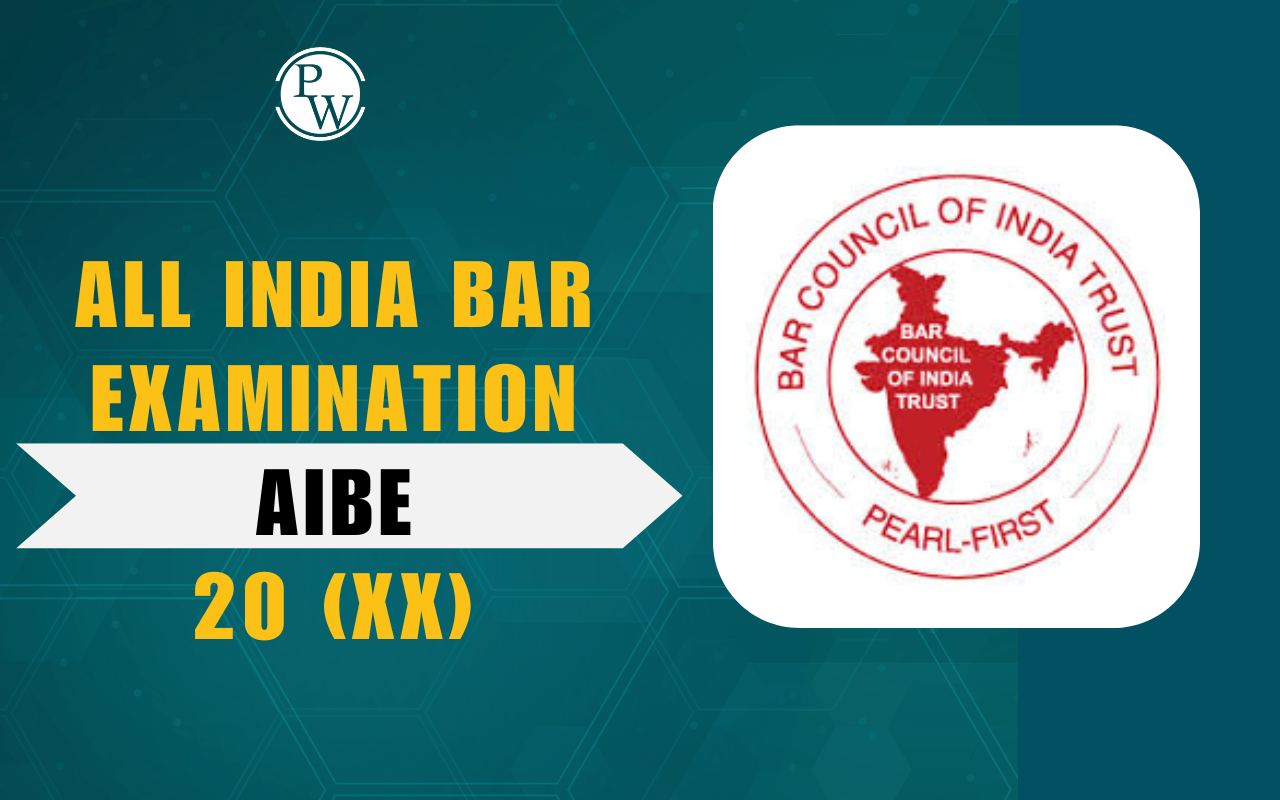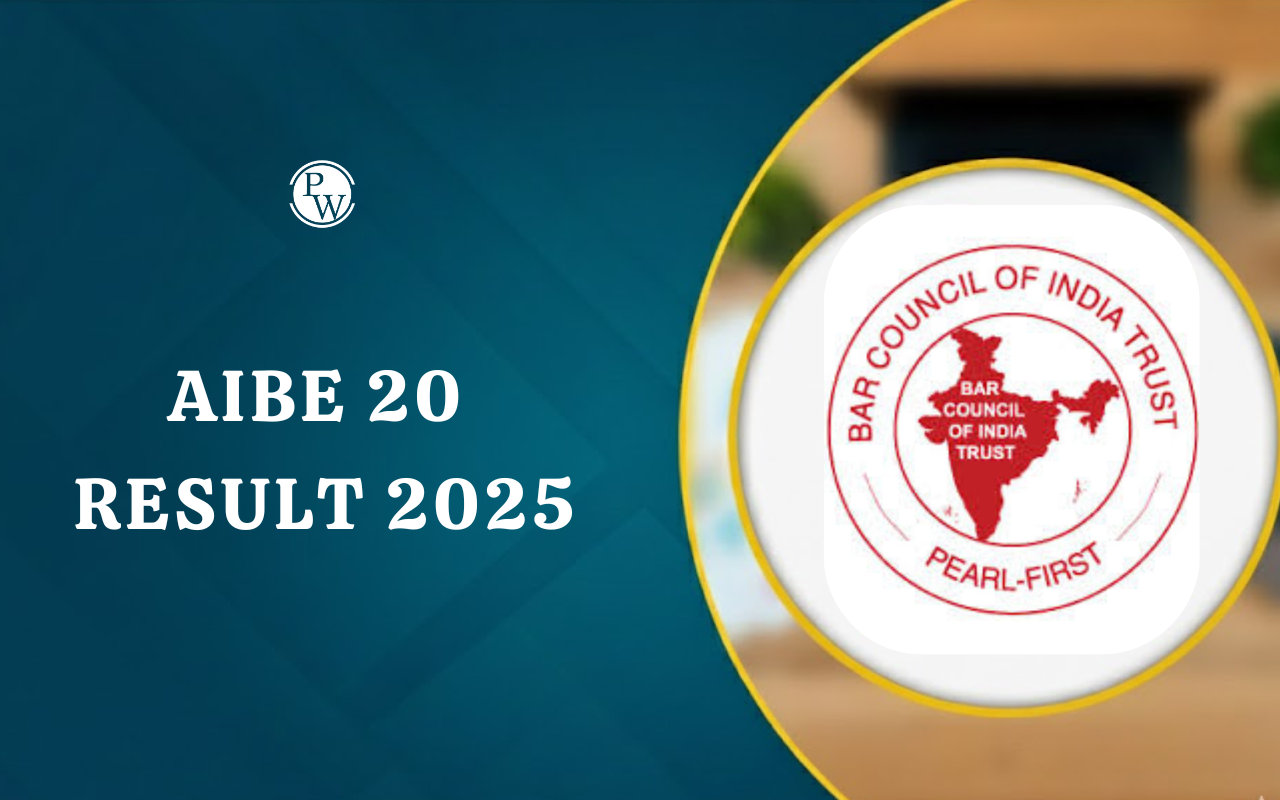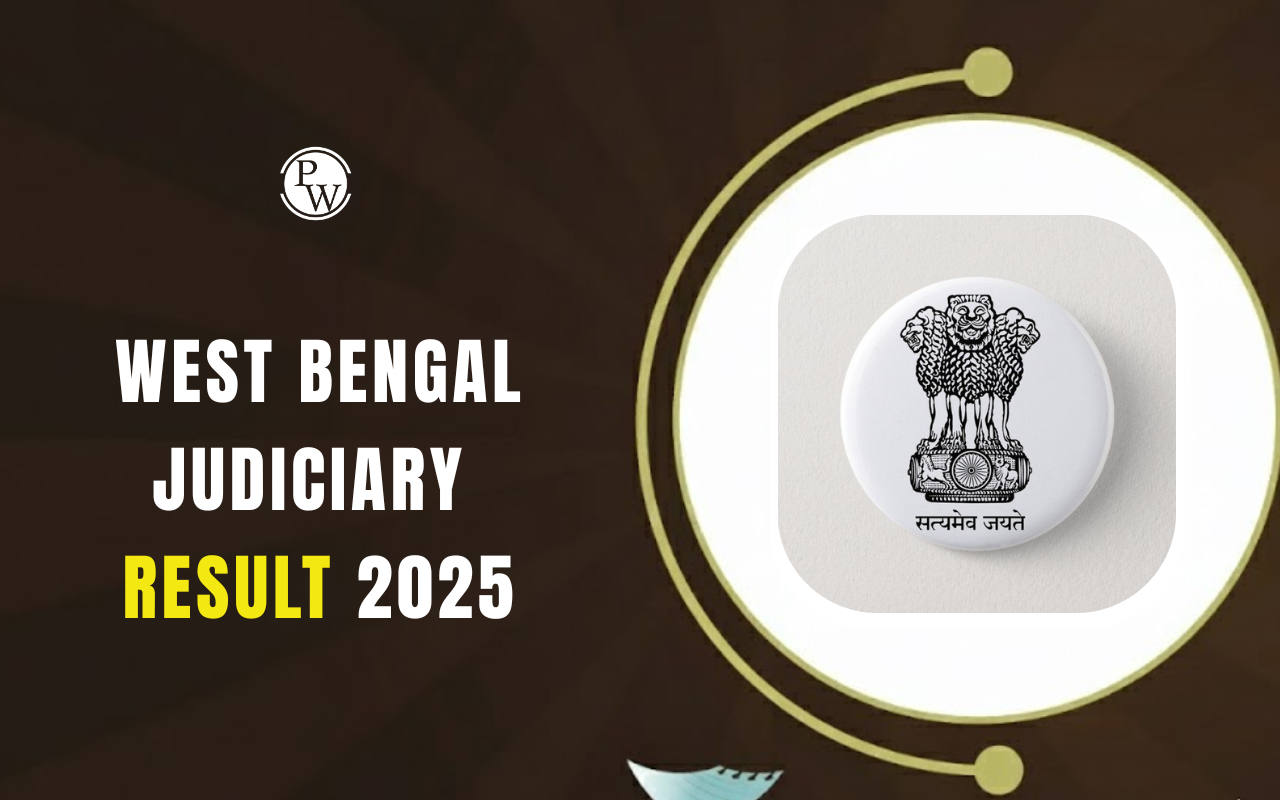
Benefits of Choosing Judiciary As A Career in India: Choosing a career in the judiciary in India offers a unique opportunity to contribute to the justice system and uphold the rule of law. It combines intellectual challenge with the ability to make a meaningful impact on society by protecting individual rights and ensuring fairness. The path to the judiciary demands dedication, resilience, and a commitment to continuous learning, making it a rewarding choice for those passionate about justice and public service.
What is Judiciary?
The judiciary is a crucial branch of government responsible for applying and interpreting laws. It ensures justice is served by resolving disputes, protecting individual rights, and upholding the rule of law. The judiciary operates independently from the executive and legislative branches, maintaining checks and balances within the government. Courts at various levels, including trial courts and appellate courts, handle different types of cases, from civil disputes to criminal matters. Judges, as impartial arbiters, interpret laws and make rulings based on legal principles and evidence presented. Through judicial review, the judiciary also has the power to assess the constitutionality of laws and governmental actions, safeguarding democracy and individual liberties. The hierarchy of courts typically follows a structured system, starting with lower courts, such as magistrate or district courts, which handle minor cases and preliminary matters. Above them are intermediate appellate courts that review decisions from lower courts, followed by supreme or high courts, which have the highest authority and often address significant legal issues and constitutional matters.Reasons for Choosing Judiciary as a Career in India
A career in the judiciary in India holds a prestigious position in Indian society and offers numerous benefits, making it a highly respected and sought-after profession.- Commitment to Justice
- Job Security
- Impact on Society
- Diverse Career Opportunities
- Work-Life Balance
Roadmap to Build A Career in Judiciary in India
To build a career in Judiciary in India requires rigorous commitment, a strong foundation in legal knowledge, and preparation. Here’s a roadmap for building judiciary as a career in India.- Educational Qualification
- Legal Practice
- Qualify Judicial Services Examination
- Rajasthan Judiciary Exam
- MP Judiciary Exam
- UP Judiciary Exam
- Bihar Judiciary Exam
- Delhi Judiciary Exam
- Haryana Judiciary Exam
- Appointment and Training
- Continuous Learning
7 Benefits of Choosing Judiciary as a Career in India
Choosing a career in the judiciary in India comes with numerous benefits. These benefits make a career in the judiciary a compelling choice for those passionate about law, justice, and public service. Here are seven key benefits for choosing Judiciary as a Career in India.- Working in the judiciary allows you to play a crucial role in delivering justice and protecting the rights of individuals. You have the opportunity to impact society positively, addressing issues of inequality and injustice.
- Judicial roles are highly regarded in Indian society. Judges and legal professionals are often viewed as custodians of the law, earning respect and admiration for their contributions to upholding justice.
- The judiciary presents complex legal challenges that require deep analytical thinking and problem-solving skills. This approach keep the work engaging and rewarding.
- Judicial positions typically come with tenure and are not subject to the same economic pressures as many private-sector jobs. This stability provides long-term career security and benefits.
- Judicial decisions can shape legal precedents and influence public policy. As a judge, you have the power to contribute to significant legal interpretations that can affect future laws and societal norms.
- Working in the judiciary provides opportunities to connect with various legal professionals, including lawyers, academics, and policymakers. This networking can enhance career growth and collaboration in legal initiatives.
- The legal field is dynamic, with constantly evolving laws and regulations. A career in the judiciary encourages continuous learning through seminars, workshops, and legal research, ensuring that professionals remain up-to-date.
How To Become A Judge In India
Skills and Qualities Needed for Career in Judiciary
A career in judiciary requires a unique set of skills and qualities that are essential for navigating the complexities of the legal system while delivering justice effectively. Some of the essential attributes for success in this field are as follows.- Legal Knowledge and Expertise
- Impartiality and Fairness
- Decision-Making Skills
- Attention to Detail
- Strong Work Ethic
- Adaptability and Continuous Learning
How to Build A Career in Judiciary in India?
Preparing for a judicial career in India is a rigorous and demanding process that requires a combination of practical legal training, academic excellence, and personal development. Building a career in the judiciary in India involves several key steps.- Academic Qualification
- Practical Legal Experience
- Pass the Judicial Exam
- Staying Updated
- Networking
Some Challenges faced during Judiciary Career
Even though the judiciary career is rewarding, yet it comes with a set of challenges. These challenges stem from the structure of judiciary system of India and the nature of job.- High Workload
- Evolving Legal Landscape
- Public Scrutiny
- Emotional Stress
- Interpersonal Conflicts
- Maintaining Work-Life Balance
Benefits of Choosing Judiciary As A Career in India FAQs
What are the roles and responsibilities of a Supreme Court judge?
A Supreme Court judge plays a critical role in interpreting the Constitution and adjudicating significant legal issues, ensuring justice, and upholding the rule of law in the country. They also have the authority to set legal precedents and resolve disputes between states or between the center and states.
Why choose judge as a career?
Choosing a judge as a career allows you to make a profound impact on society, uphold the principles of justice and fairness, and contribute to the development of the law.
What is the hardest field in law?
In general, more students find constitutional law and civil procedure the most challenging because they are much more abstract than other areas of law.
How many judges are there at present, in the Supreme Court of India?
At present, there are 33 judges, including the Chief justice, in the Supreme Court of India.
How many High Courts are there in India?
In India, at present, there are 25 High Courts, six having control over more than one State/UT. Among the Union Territories, Delhi has a High Court of its own.
🔥 Trending Blogs
Talk to a counsellorHave doubts? Our support team will be happy to assist you!

Check out these Related Articles
Free Learning Resources
PW Books
Notes (Class 10-12)
PW Study Materials
Notes (Class 6-9)
Ncert Solutions
Govt Exams
Class 6th to 12th Online Courses
Govt Job Exams Courses
UPSC Coaching
Defence Exam Coaching
Gate Exam Coaching
Other Exams
Know about Physics Wallah
Physics Wallah is an Indian edtech platform that provides accessible & comprehensive learning experiences to students from Class 6th to postgraduate level. We also provide extensive NCERT solutions, sample paper, NEET, JEE Mains, BITSAT previous year papers & more such resources to students. Physics Wallah also caters to over 3.5 million registered students and over 78 lakh+ Youtube subscribers with 4.8 rating on its app.
We Stand Out because
We provide students with intensive courses with India’s qualified & experienced faculties & mentors. PW strives to make the learning experience comprehensive and accessible for students of all sections of society. We believe in empowering every single student who couldn't dream of a good career in engineering and medical field earlier.
Our Key Focus Areas
Physics Wallah's main focus is to make the learning experience as economical as possible for all students. With our affordable courses like Lakshya, Udaan and Arjuna and many others, we have been able to provide a platform for lakhs of aspirants. From providing Chemistry, Maths, Physics formula to giving e-books of eminent authors like RD Sharma, RS Aggarwal and Lakhmir Singh, PW focuses on every single student's need for preparation.
What Makes Us Different
Physics Wallah strives to develop a comprehensive pedagogical structure for students, where they get a state-of-the-art learning experience with study material and resources. Apart from catering students preparing for JEE Mains and NEET, PW also provides study material for each state board like Uttar Pradesh, Bihar, and others
Copyright © 2025 Physicswallah Limited All rights reserved.
Get App









